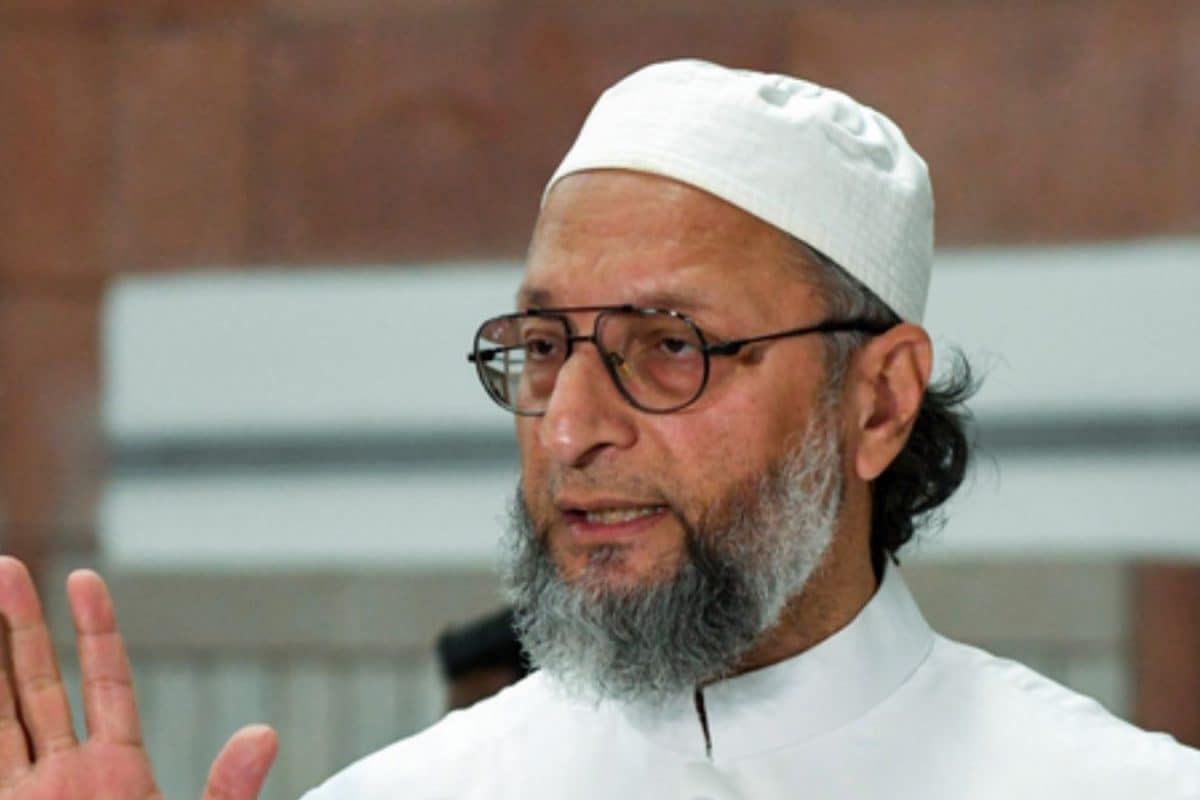

Recent legislative actions in India have sparked significant controversy, raising concerns about their potential impact on effective governance and the rights of minority communities. At the center of the debate is All India Majlis-e-Ittehadul Muslimeen (AIMIM) President Asaduddin Owaisi, who has vocally opposed three bills, including a constitutional amendment, claiming they pose a threat to the nation's secular fabric and the principles of justice.
Owaisi has been particularly critical of the Waqf (Amendment) Bill, 2025, which seeks to amend the Waqf Act of 1995. The Waqf Act deals with properties dedicated to religious or charitable purposes under Muslim law. Owaisi argues that the amendments are discriminatory against Muslims, violating Articles 14, 25, 26, and 29 of the Indian Constitution. He contends that the bill strips Waqfs of legal protections afforded to Hindu, Jain, and Sikh religious endowments, thus creating a disparity based on religion. He also raised concerns about the inclusion of non-Muslims on Waqf boards.
Specifically, Owaisi points out that the bill could lead to a situation where encroachers on Waqf properties become the owners, while Muslims face restrictions on their own properties. He views this as a violation of Article 14, which guarantees equal protection under the law. He has also questioned the necessity of the bill, suggesting that a non-statutory body could have been created instead.
In a symbolic protest, Owaisi tore a copy of the Waqf (Amendment) Bill in Lok Sabha, likening his act to Mahatma Gandhi's defiance of unjust laws. He accused the government of marginalizing Muslims and attempting to make them "second-class citizens". Owaisi has also questioned the support of NDA allies for the bill.
Furthermore, Owaisi has filed a petition in the Supreme Court challenging the Waqf Amendment Bill, arguing that it is unconstitutional and violates several fundamental rights, including the right to equality and freedom to manage religious affairs. Congress MP Mohammad Jawed has also filed a plea, contending that the bill infringes on fundamental rights under Articles 14, 25, 26, 29, and 300A of the Constitution.
The debate surrounding these bills extends beyond the Waqf Amendment. Opposition MPs have criticized the government's move to introduce several bills, with some alleging that a thorough discussion was not done in the Joint Parliamentary Committee. Congress MP Jairam Ramesh called the Waqf (Amendment) Bill "a direct attack on the Constitution".
These objections highlight the delicate balance between legislative action and the protection of minority rights. Critics like Owaisi argue that the government should ensure that all laws are in line with the Constitution and do not discriminate against any particular community. The concerns raised reflect a broader debate about the role of religion in politics and the importance of safeguarding the secular principles enshrined in the Indian Constitution.